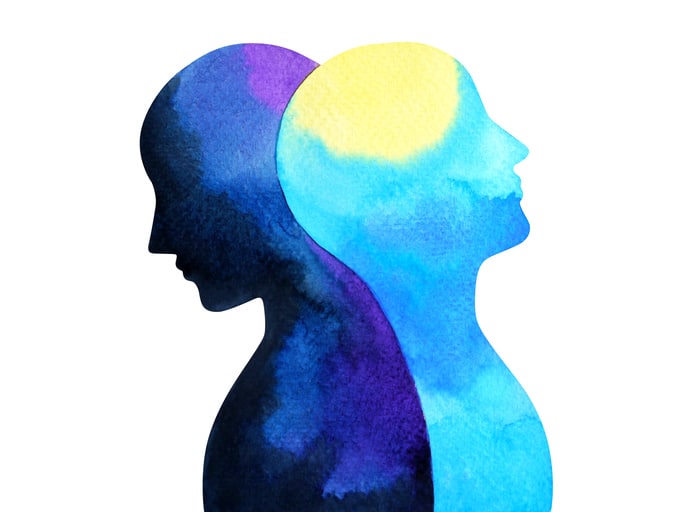Convolutional neural networks (CNNs) have shown promising results in classifying individuals with mental disorders such as schizophrenia using resting-state fMRI data. However, complex-valued fMRI data is rarely used since additional phase data introduces high-level noise though it is potentially useful information for the context of classification. As such, we propose to use spatial source phase (SSP) maps derived from complex-valued fMRI data as the CNN input. The SSP maps are not only less noisy, but also more sensitive to spatial activation changes caused by mental disorders than magnitude maps. We build a 3D-CNN framework with two convolutional layers (named SSPNet) to fully explore the 3D structure and voxel-level relationships from the SSP maps. Two interpretability modules, consisting of saliency map generation and gradient-weighted class activation mapping (Grad-CAM), are incorporated into the well-trained SSPNet to provide additional information helpful for understanding the output. Experimental results from classifying schizophrenia patients (SZs) and healthy controls (HCs) show that the proposed SSPNet significantly improved accuracy and AUC compared to CNN using magnitude maps extracted from either magnitude-only (by 23.4 and 23.6% for DMN) or complex-valued fMRI data (by 10.6 and 5.8% for DMN). SSPNet captured more prominent HC-SZ differences in saliency maps, and Grad-CAM localized all contributing brain regions with opposite strengths for HCs and SZs within SSP maps. These results indicate the potential of SSPNet as a sensitive tool that may be useful for the development of brain-based biomarkers of mental disorders.Copyright © 2022. Published by Elsevier B.V.
SSPNet: An interpretable 3D-CNN for classification of schizophrenia using phase maps of resting-state complex-valued fMRI data.


